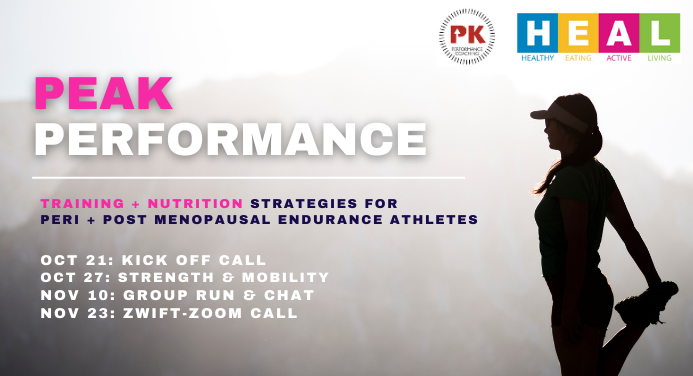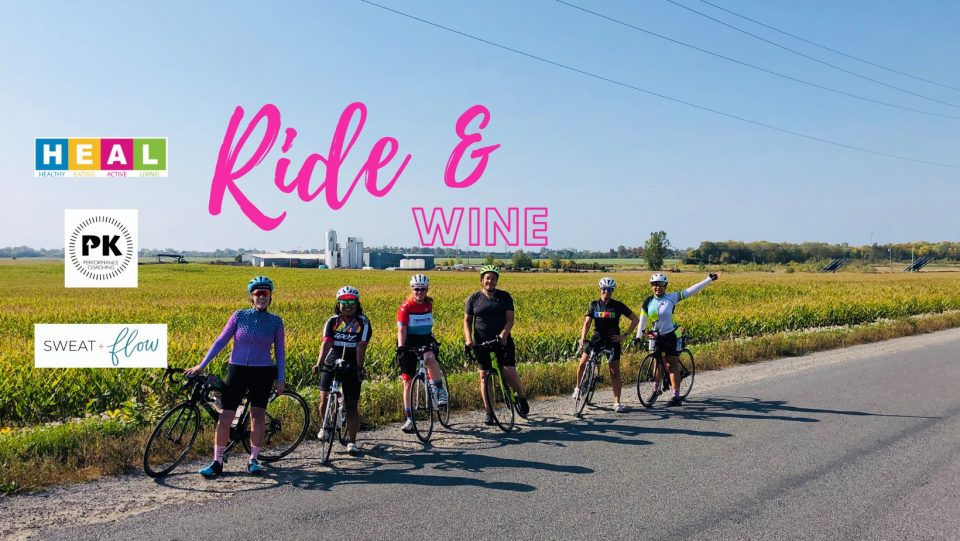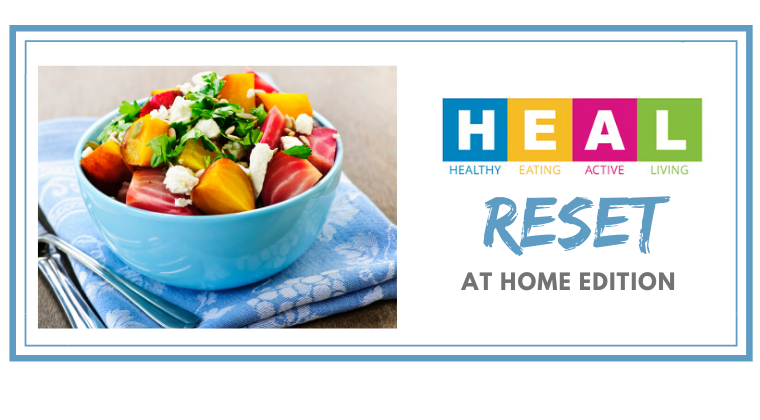
Ask A Nutritionist! – Eating for the Evening Run
April 1, 2009Ask A Nutritionist (Nov/Dec 2009) Diabetic Runners
December 1, 2009Ask A Nutritionist! (Sept/Oct 2009) – Stressed Out
Q: “My sore shin has been diagnosed as a stress fracture. This is now the third time I have sustained a stress fracture; should I be changing my diet?”
A: Stress fractures are partial or complete fractures of bone. There are two main types of stress fracture: ‘fatigue’ fracture and ‘insufficiency’ fracture. With fatigue fractures the cause is usually a bio-mechanical or structural issue, while an insufficiency fracture are typically the result of mineral deficiency, and your diet may be the cause. While women are more at risk of stress fractures, men are not immune.
Bone is a dynamic structure in the body, it is constantly being removed and built. There are many phases and factors (hormonal, liver, and kidney function) at play in the body that will determine how bone will be built and ultimately how strong it will be.
Certain nutrients and dietary factors can affect your bone health, including bone density and bone remodeling. While calcium is the major mineral that people consider with building strong bone, other nutrients are also important both directly and indirectly including to maintaining bone health including: vitamin D, magnesium, silicon, vitamin K, B vitamins.
Focus on these fresh foods to help build strong healthy bones:
o Calcium- dark green leafy vegetables including kale, collard greens, parsley, sesame seeds
o Vitamin D-Fish (Salmon, tuna, mackerel), fish liver oil, beef liver, cheese and egg yolks as well as mushrooms and fortified foods such as dairy and cereals.
o Magnesium- Pumpkin seeds, brazil nuts, halibut, quinoa, spinach, almonds, cashews, soy beans
o Silica – Alfalfa and horsetail herbs, as well as beets, bell peppers, brown rice, green leafy vegetables and root vegetables
o Boron – pears, prunes, apples, raisins, and tomatoes
o Vitamin K- Cauliflower, Brussels sprouts, Spinach, broccoli, tomato, cabbage
o B Vitamins –Whole grains, wheat germ, beans, nuts, eggs, fish, dark green leafy vegetables.
Sometimes what you’re eating is more of a factor than what you’re not! Factors inhibiting calcium absorption include: soft drinks, caffeine, excess salt, sugar and protein. Alcohol, and cigarette smoking also have a negative impact on bone density.
Consult with your primary health care practitioner before taking any supplements to make sure all your hormones, and nutrients are at the correct levels. Supplementation of certain vitamins and minerals may be necessary to correct the deficiency and reestablish the correct balance, though it is important to make sure you are eating a balanced whole-foods focused diet with lots of variety.



